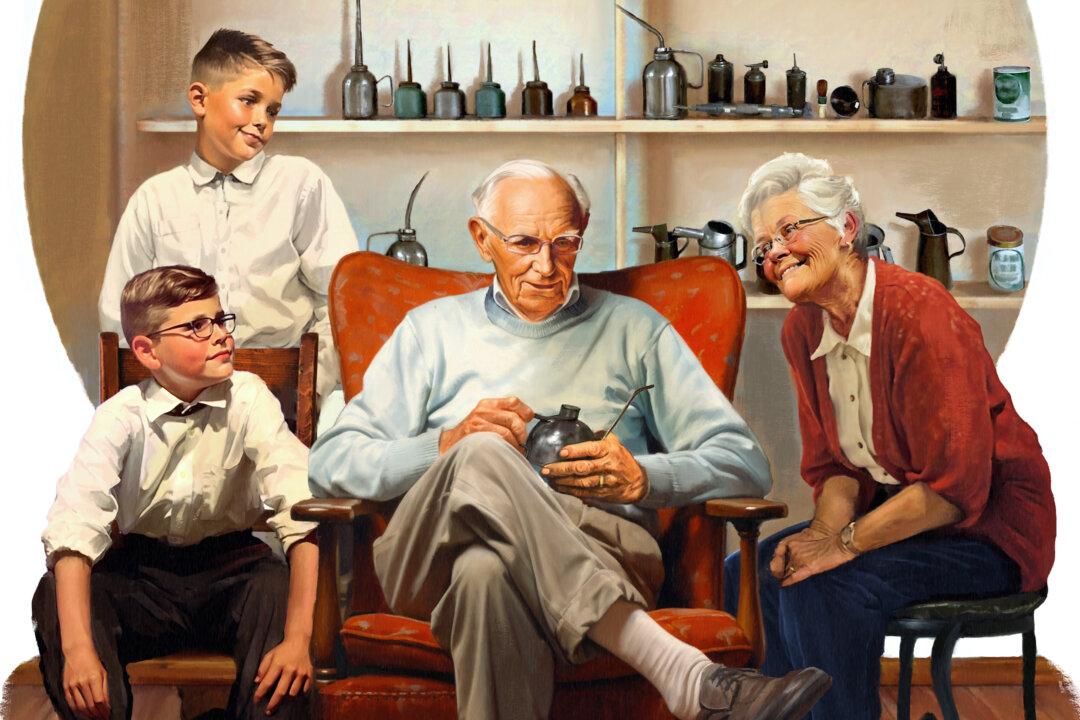Wedding rings, Cupid with his bow and arrows, roses—red for romantic love, yellow for friendship—love knots and friendship bracelets, swans or doves: these are just some of the traditional symbols of love, romance, marriage, and affection.
Many such symbols have deep roots in the past. From the ports of Greece to the coastal plains of India, for instance, seashells symbolized love. Botticelli’s “The Birth of Venus” depicts the goddess rising from the sea atop a lovely scallop shell. The Greeks and Romans deemed the apple representative of love and desire, and for centuries, the Japanese have considered the leaf of the red maple a token of love and loyalty.






